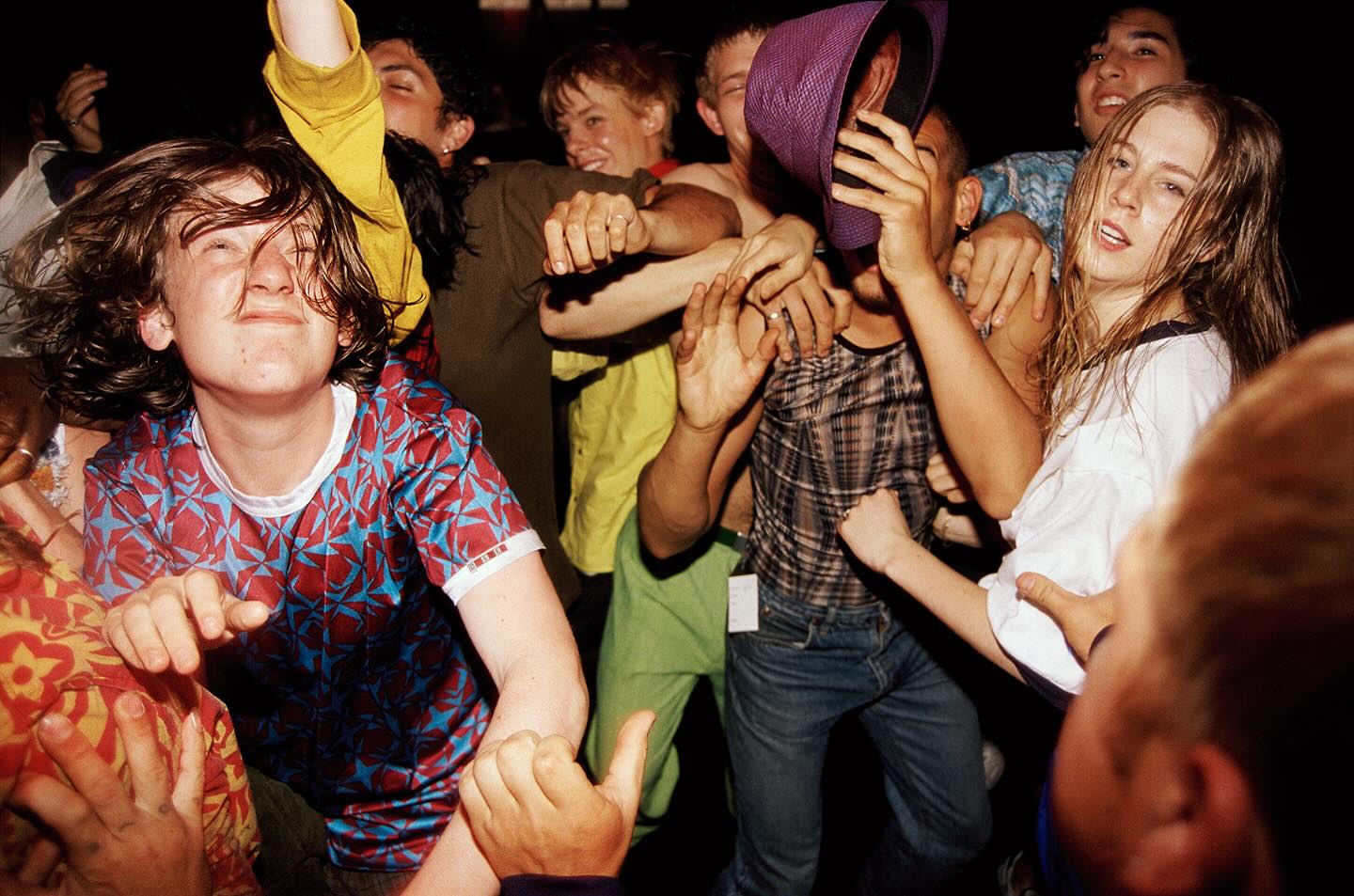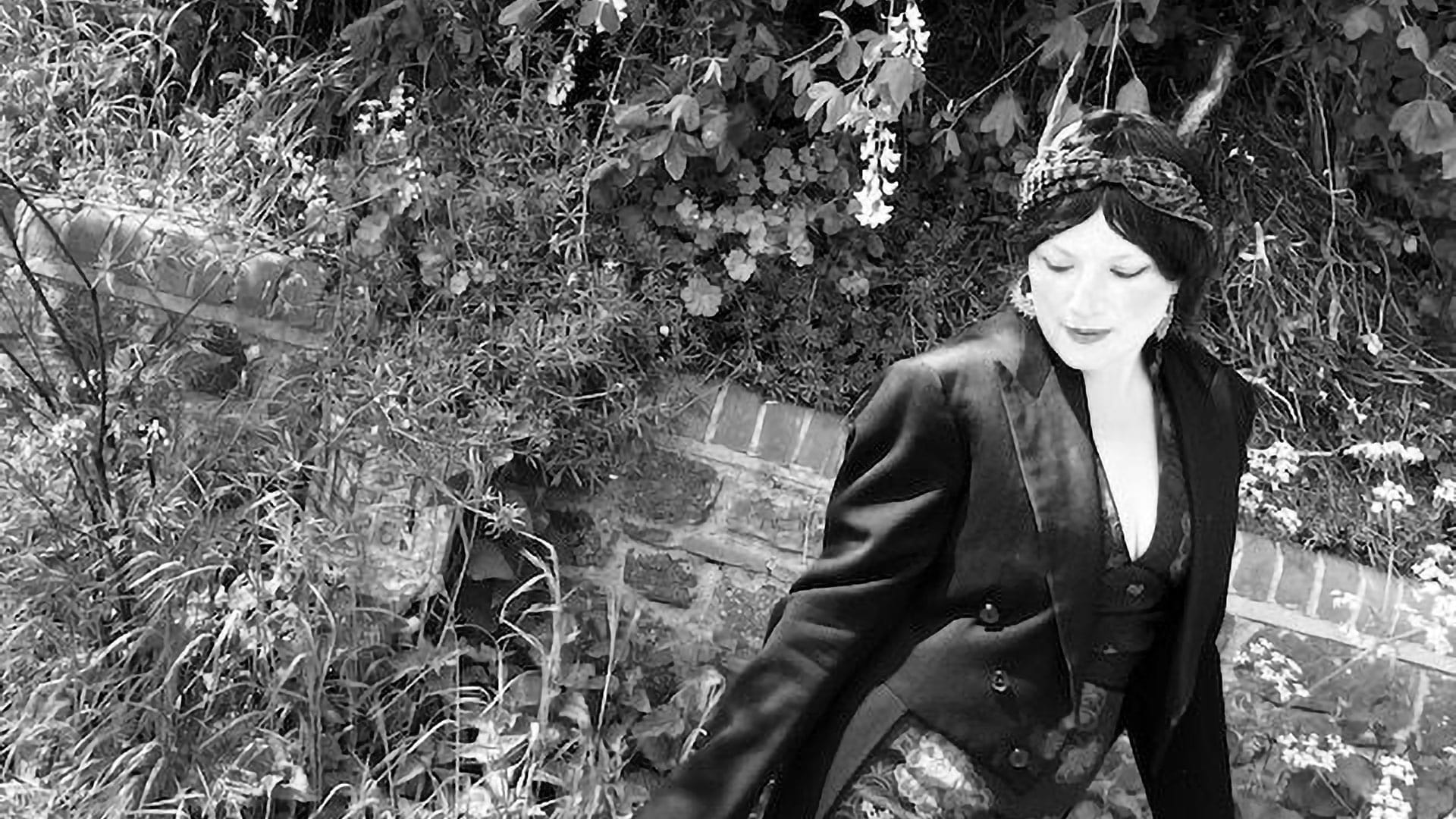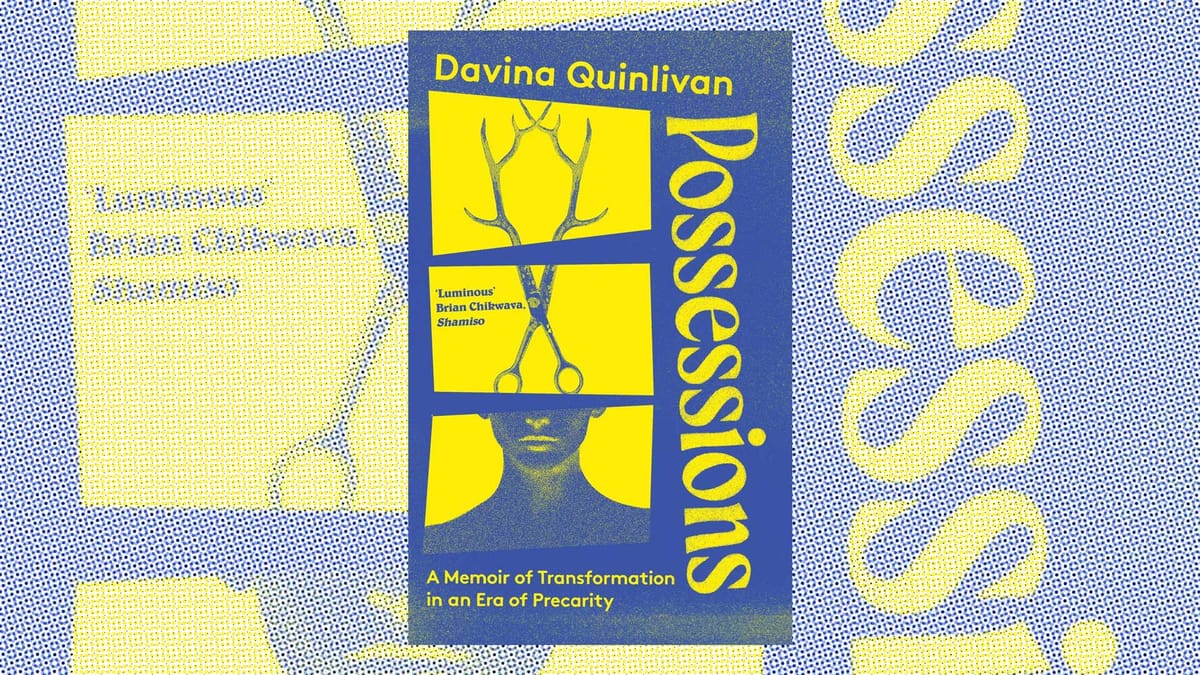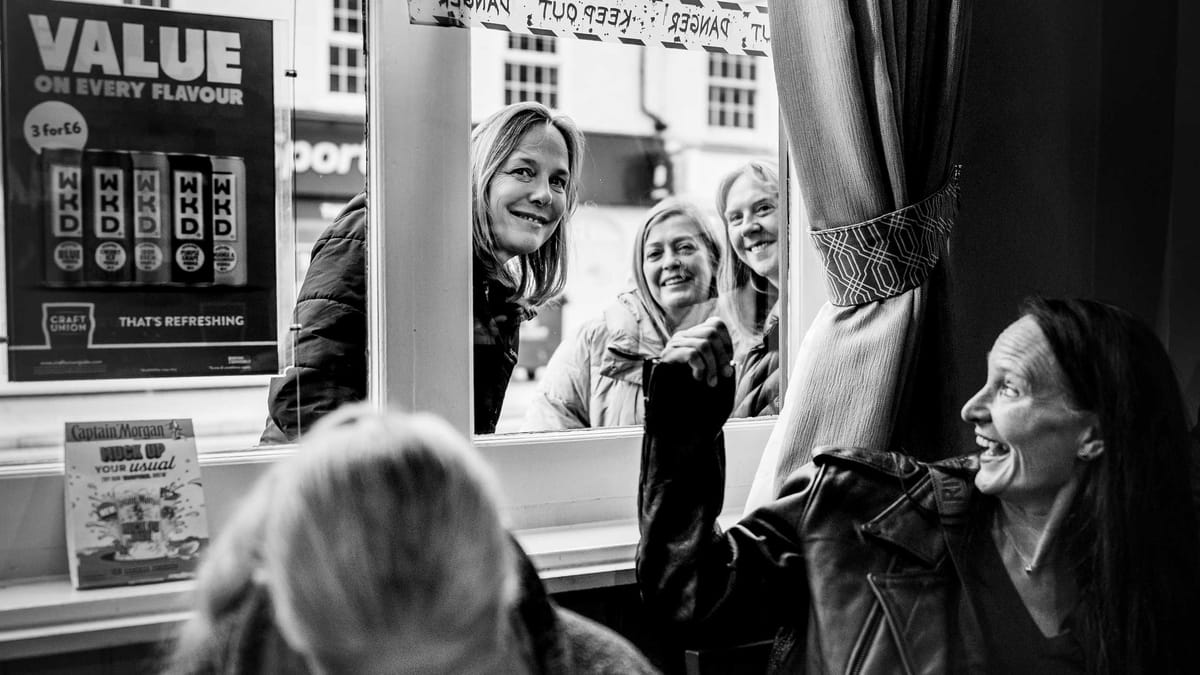If you ask teachers in British primary schools about kids, social class, and reading and writing, they will tell you that children from affluent backgrounds are more likely to arrive at school having been encouraged to read, but once pupils have been exposed to reading, writing and storytelling, their background makes no difference to their enthusiasm or ability. In fact, a 2024 survey by the National Literacy Trust found a higher percentage of children from poorer homes enjoyed poetry than those from better-off families.
And yet the most recent figures show that 47% of published authors have middle-class backgrounds, and just 10% working-class. Those figures are from 2014, by the way, and trends strongly suggest that the difference will now be even greater; for publishing as a whole, the middle-class-background figure is now over 60%. Across the creative industries, younger adults from working-class backgrounds are four times less likely to find work than their middle-class peers. In case you were wondering, the percentage of people categorised as working-class is between about 35 and 50, depending on what measure you use.
Clearly, for a lot of children who come from working-class homes and enjoy writing, things happen between the ages of, say, 11 and 30 to put them off or prevent them pursuing it as a career option. Research shows those things are mostly lack of access to higher education, cultural differences, and money – it being more or less impossible to live in London, where publishing is heavily based, on the sort of money books pay, without another private income of some sort.
This isn’t very good for our culture or society, is it? If you’re working-class and fancy a career as a professional author, it is bloody terrible.
It seems likely that there could be an uncatered-to market. A survey for New Writing North’s A Writing Chance project found 63% of working-class readers were concerned about representation, and would read more novels if they had more working-class characters in them. (Although, it is worth noting, those characters need to be authentic and convincing.)
But it isn’t just about money. Book publishing has a huge influence on whose voices and experiences and ideas get heard and taken seriously in our society. They affect the public and help to decide what becomes history. If you exclude the voices, experiences and ideas of half the people in the country, you shouldn’t really be surprised if it starts to seem that we don’t respect or understand each other as well as we used to.
*
This was the sort of thinking that led Michael Sheen to work with New Writing North, Faber, the Daily Mirror, the Joseph Rowntree Foundation, Audible UK, Northumbria University, and the Esmée Fairbairn Foundation to found A Writing Chance, a programme for working-class writers in 2021. That programme has already helped several new writers to publication, including Tom Newlands, whose Only Here, Only Now was one of the big literary hits of 2024. And it is from that programme that the Bee has grown.
The Bee is an online and printed-form literary magazine for working-class writing by established and emergent writers. We have a podcast, The Working Class Library, in which writers discuss classic working-class literature, and an ambitious outreach programme to encourage new writing by working people. That programme will include an online platform with courses, where writers can gather, hone their work and support one another. The Bee is produced by New Writing North and supported by Faber.
Of course, working-class means a multitude of things depending on who you are and who you ask. We respect both the official Government NS-SEC measures, explained in Dave O’Brien’s essay on class and publishing, but also believe that other factors including education, social connections, identity and family history are important. However you define class, it is also clear that your background can still affect your life chances and career prospects.
True, some commentators (though never working-class ones) argue that the idea of social class has become irrelevant; if that were true, there would be less talk of nepo babies, chavs, gammons, Red and Blue Walls, adolescence, Keir Starmer’s dad and Angela Rayner’s accent, and approximately 60 per cent less material for British stand-up comics. Class has been hard to measure since UK General Register Office statisticians began trying in the early 1900s, and puzzled over, for example, why vicars were poor but had the same tastes and habits as rich people. It has been declared outdated since at least the 1950s, when critics argued you couldn’t be working-class and own a washing machine.
We can all see that at this point in time, we’re transitioning from industrial-era concepts of class to post-industrial ones, and we can see equally that around the world, writers – Annie Ernaux, Didier Eribon and Édouard Louis in France, Sunjeev Sahota, Jenni Fagan and Andrew O’Hagan in the UK, Xuetao and Fan Yusu in China – have begun to reformulate those concepts.
In his 1958 classic Culture and Society, Raymond Williams argued that working-class culture was characterised by collective endeavour and achievement, whereas bourgeois culture was focused on the individual. I believe that to an extent, the same remains true today; so much of popular culture in particular has been created instinctively and communally by working-class communities. Football crowds, club culture, hip hop, street art and fashion subcultures were created with some friendly competition, but also huge mutual enjoyment. We would like to bring that spirit to the Bee; that’s why, as we worked on the project, we were inspired by the club- and sub-cultural documentary photography of the great working-class photographer Elaine Constantine, and why one of her images sits atop this piece.
We believe that by publishing serious fiction, non-fiction and poetry by people of working-class origin, with a sense of shared enquiry and mutual endeavour, we’ll encourage better representation, and a grown-up debate about how class works in the 21st century.
We’ll also simply celebrate that mix of joy and wonder that comes from a reader or a writer of any age. And any class.
Richard Benson, Editor
All donations go towards supporting the Bee’s mission to nurture, publish promote and pay for the best new working-class writing.









Comments